Find answers to common health questions in our FAQs, offering insights on personalized Ayurvedic treatments and expert guidance.
What is Kidney Diseases
Nowadays, kidney diseases are becoming the leading cause of death for many people around the world. According to last year’s stats, there are more than 2 lakh people who were diagnosed with renal disease in India. We all know that kidneys are responsible for blood purification and excreting out waste materials from the body. But due to kidney failure, the kidneys no longer work properly as they did in a healthier state. Well, there are two types of kidney failure, either temporary or permanent. The condition is called temporary or Acute when kidneys start to lose their function to purify the blood. And when kidneys are permanently damaged, and blood is purified with dialysis treatment, the condition is called Chronic or permanent kidney failure.
Book AppoinmentExplore the ancient secrets of Ayurveda with online consultations from top doctors,
bringing you personalized health solutions for overall well-being.
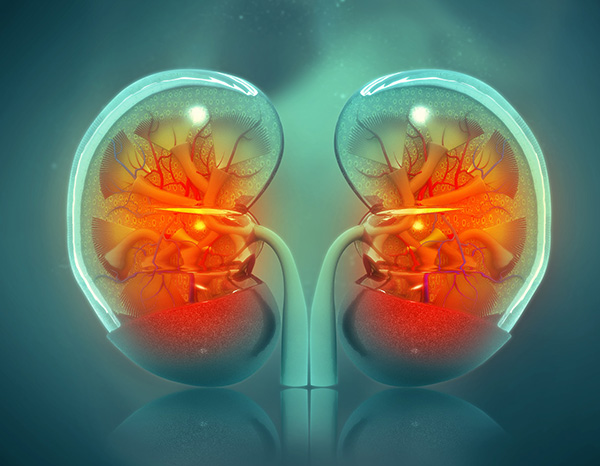
Acute kidney injury (AKI), also known as acute renal failure (ARF), is a sudden situation of kidney damage. AKI causes a build-up of waste products in your blood and makes it hard for your kidneys to keep the right balance of fluid in your body.
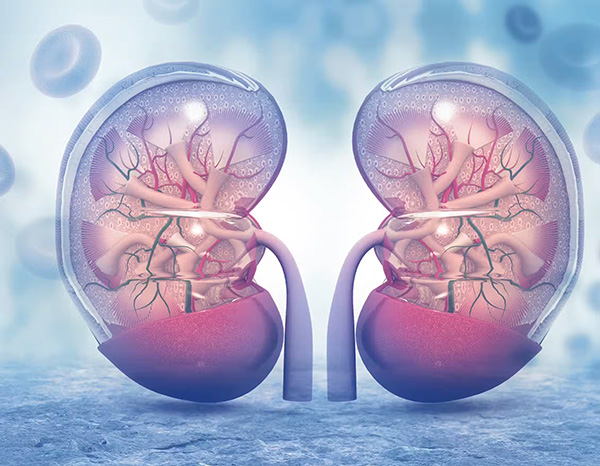
Chronic kidney disease (CKD), also called chronic kidney failure (CKF), includes a gradual loss of kidney function. In the early stages of CKD, you might have few signs or symptoms. You might not realize that you have kidney disease until the condition is advanced.
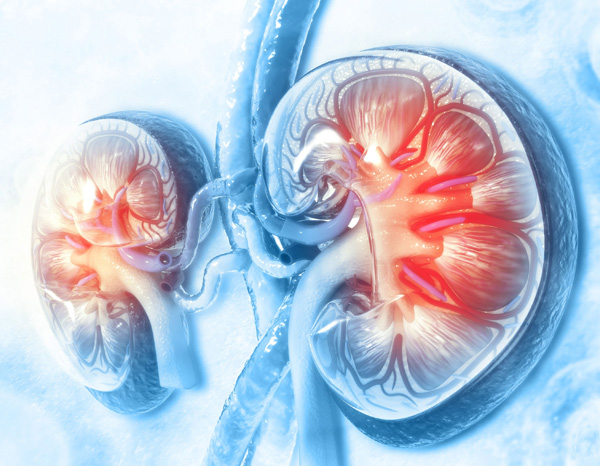
IgA nephropathy is a rare disease that causes inflammation (swelling) and kidney damage due to buildup of proteins in your kidneys. This lowers your kidneys’ ability to filter waste and fluid from your blood.
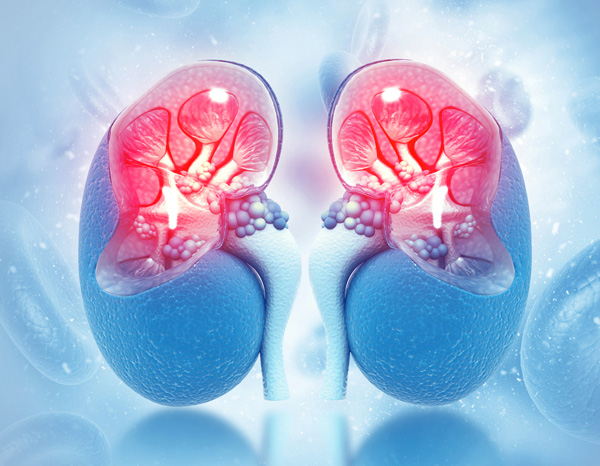
Polycystic kidney disease (PKD) is an inherited disorder in which clusters of cysts develop primarily within the kidneys, causing kidneys to enlarge and lose its function over time.
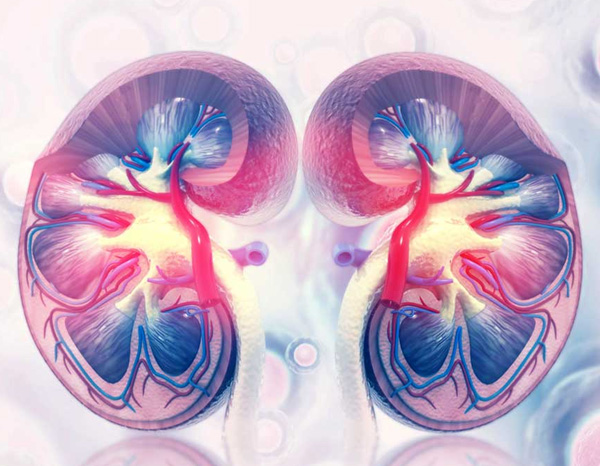
Acute kidney injury (AKI), also known as acute renal failure (ARF), is a sudden situation of kidney damage. AKI causes a build-up of waste products in your blood and makes it hard for your kidneys.
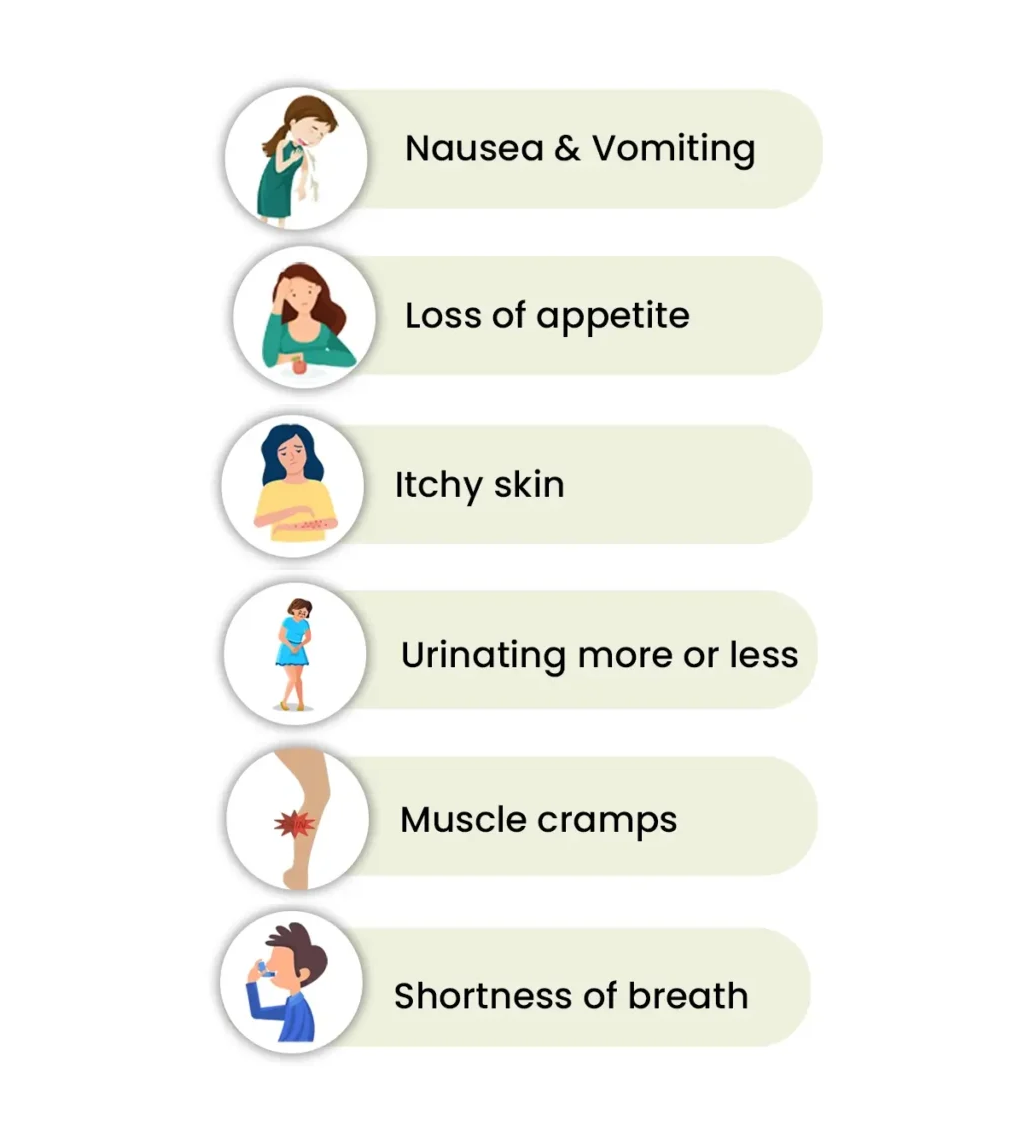
Nausea & Vomiting: Nausea is an uneasiness of the stomach that often comes before vomiting.
Loss of appetite: A decreased appetite occurs when you have a reduced desire to eat. The medical term for this is anorexia.
Urinating more or less: Frequent urination can be a symptom of many different problems from kidney disease.
Muscle cramps: Muscle cramps are sudden muscle contractions in your body.
Itchy skin: Itchy skin is an uncomfortable, irritating sensation that makes you want to scratch.
Shortness of breath: It is often described as an intense tightening in the chest, air hunger, difficulty breathing, breathlessness or a feeling of suffocation
At Saisanjivani we examine and find the root cause of kidney diseases and work on them.
Yoga and exercises are the best natural ways to improve the body’s flexibility and promote stress.
Another method for the well-being of the Kidney is to eat a properly balanced diet. Furthermore, kidney patients can avoid High protein diets (chicken, mutton, beef, fish, pork, etc.).
Lastly, the only way to get relief from Kidney related diseases is to improve kidney functioning by applying natural practices and avoiding bad habits (alcohol and smoking.)










